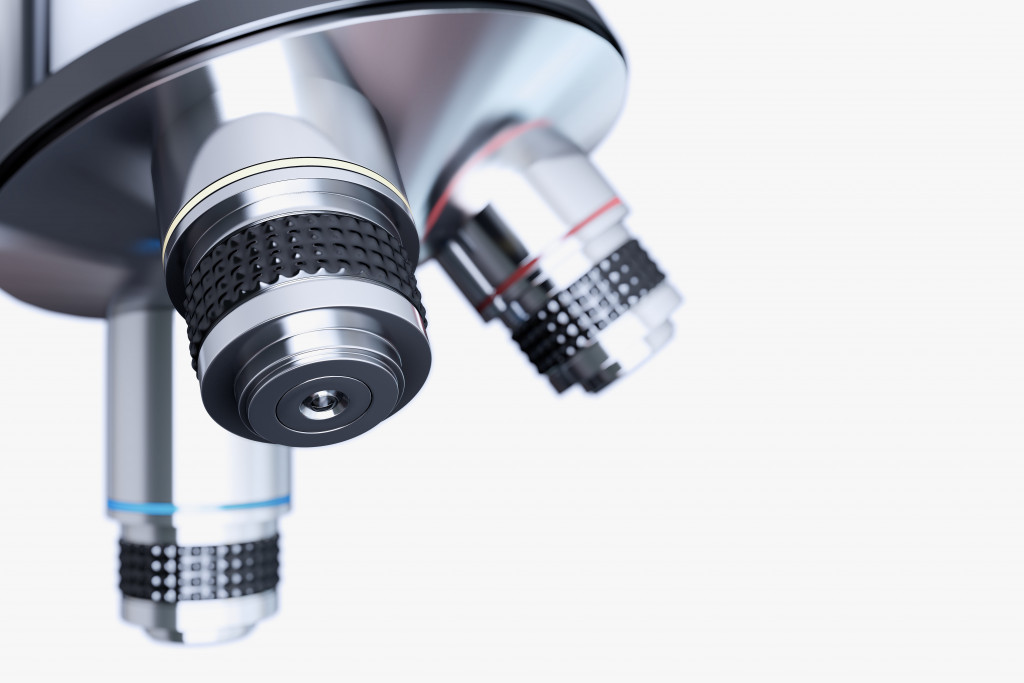Disclaimer: This website provides health information for educational purposes only and is not a substitute for professional medical advice, diagnosis, or treatment. Always seek the guidance of a qualified healthcare provider with any questions you may have.
The medical industry is fast evolving, and personalized medicine is rising. This shift in focus from generalized treatments to ones tailored specifically for each patient is made possible by advances in technology, particularly in gene sequencing.
This shift towards personalized medicine is still in its early stages but shows great promise. As more and more research is done, we expect this field to grow and evolve, eventually changing how we think about health and medicine.
And as personalized medicine becomes more common, it’s important to understand what it is and how it could benefit you. Here’s a look at the rise of personalized medicine and what it means for you.
What is Personalized Medicine?
Personalized medicine is an emerging field of healthcare that focuses on providing treatments tailored to an individual’s specific biology. This means treatments are based on a person’s unique genetic makeup, proteins, and other biological factors instead of a one-size-fits-all approach.
Why Is It Becoming More Popular?
There are several reasons why personalized medicine is becoming more popular. First, technological advances have made it possible to sequence genomes and identify specific DNA variations that can predispose someone to certain diseases. This information can then be used to develop targeted treatments that are more likely to be effective.
In addition, personalized medicine can also help avoid traditional treatments’ side effects by targeting the genetic causes of disease. For instance, if cancer is caused by a mutation in a specific gene, a treatment could be developed that targets that gene without harming healthy cells.
Examples of Personalized Medicine
There are many examples of personalized medicine already in use today. Let’s take a look at a few:
Gene sequencing
Over the past few years, there has been an increasing focus on personalized medicine. This approach to healthcare takes into account an individual’s unique genetic makeup to develop tailored treatments that are more likely to be effective. One of the key tools in this effort is gene sequencing, which can provide insights into an individual’s risk for developing certain diseases and their response to certain medications.
While gene sequencing is still in its infancy, it holds great promise for transforming the way we provide healthcare. In the future, all individuals will likely have their genomes sequenced at birth, allowing for earlier detection and treatment of disease. Ultimately, personalized medicine has the potential to revolutionize healthcare and improve the quality of life for millions of people around the world.

Customized cancer treatments
As cancer treatments continue to evolve, more and more patients benefit from personalized medicine – that is, treatments customized to their tumor’s specific genetic makeup. One of the major advantages of this approach is that it helps avoid the many side effects associated with traditional chemotherapy.
By targeting only the cancerous cells, personalized medicine can reduce the risk of healthy cells being damaged in the process. In addition, personalized medicine is often more effective at shrinking tumors, making it a potentially life-saving option for many patients. As research into personalized medicine continues, even more, cancer patients will likely benefit from this cutting-edge approach.
Personalized dental treatments
The term “personalized medicine” is often used to describe a new era in healthcare where treatments are tailored to the individual patient. This approach has already begun to revolutionize how we treat cancer and other diseases, and now it is also beginning to transform dental care. Thanks to technological advances, dentists can now create customized treatments based on a patient’s unique oral anatomy.
For example, some patients may be candidates for “invisible” braces that are virtually undetectable. Others may be good candidates for porcelain veneers that can dramatically improve the appearance of their smile. There are also tooth replacements that are made to match the exact color and shape of a patient’s natural teeth. The possibilities are endless, and the goal is always to provide each patient with the best possible care.
What Does It Mean for You?
If you’re considering personalized medicine, it’s important to work with a healthcare provider who is experienced in this field. They can help you understand your options and ensure you receive the best possible care.
Personalized medicine is still in its early stages, but it has the potential to revolutionize healthcare. Providing treatments tailored to an individual’s biology could improve outcomes and quality of life for many people.
Final Thoughts
At the end of the day, personalized medicine is about providing the best possible care for each patient. Thanks to advances in technology, we can now tailor treatments to a person’s unique biology, leading to better outcomes and fewer side effects. If you’re considering this approach, work with an experienced healthcare provider to ensure you receive the best possible care.

